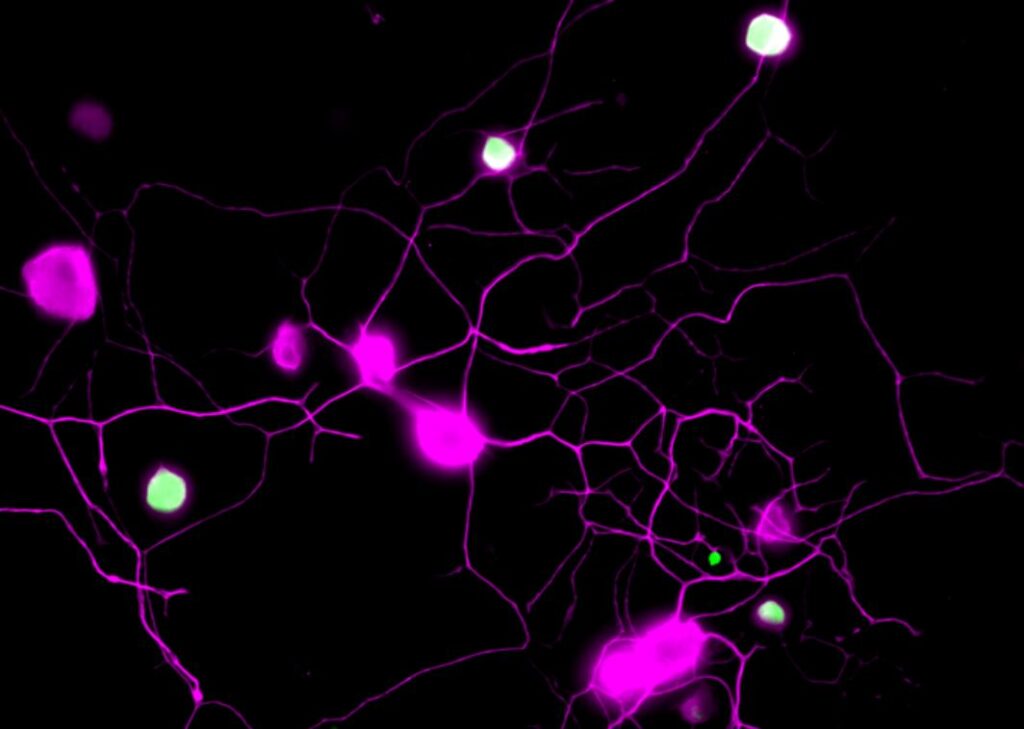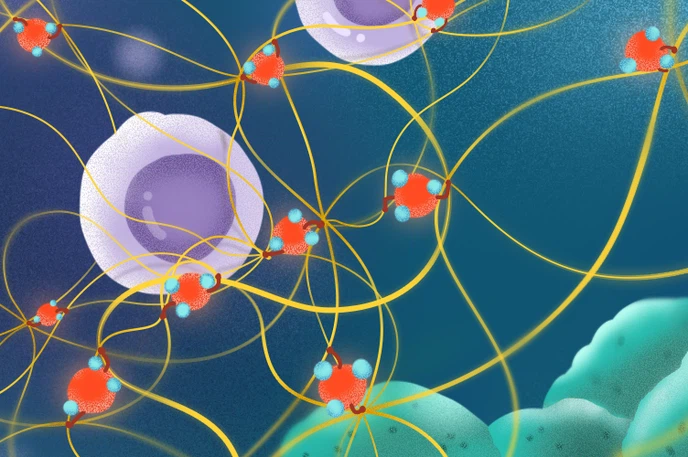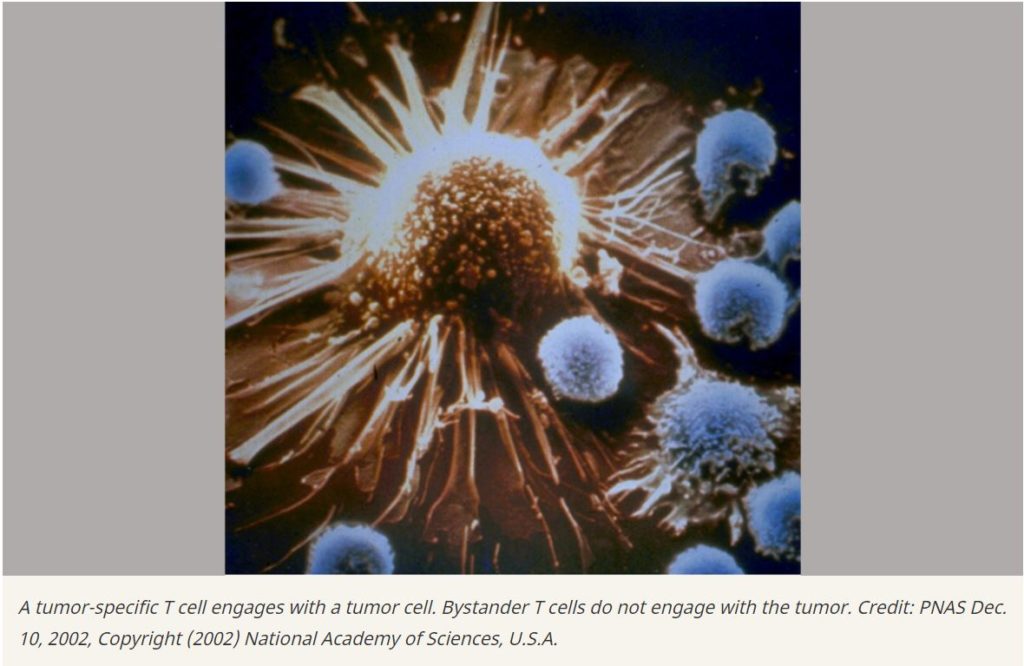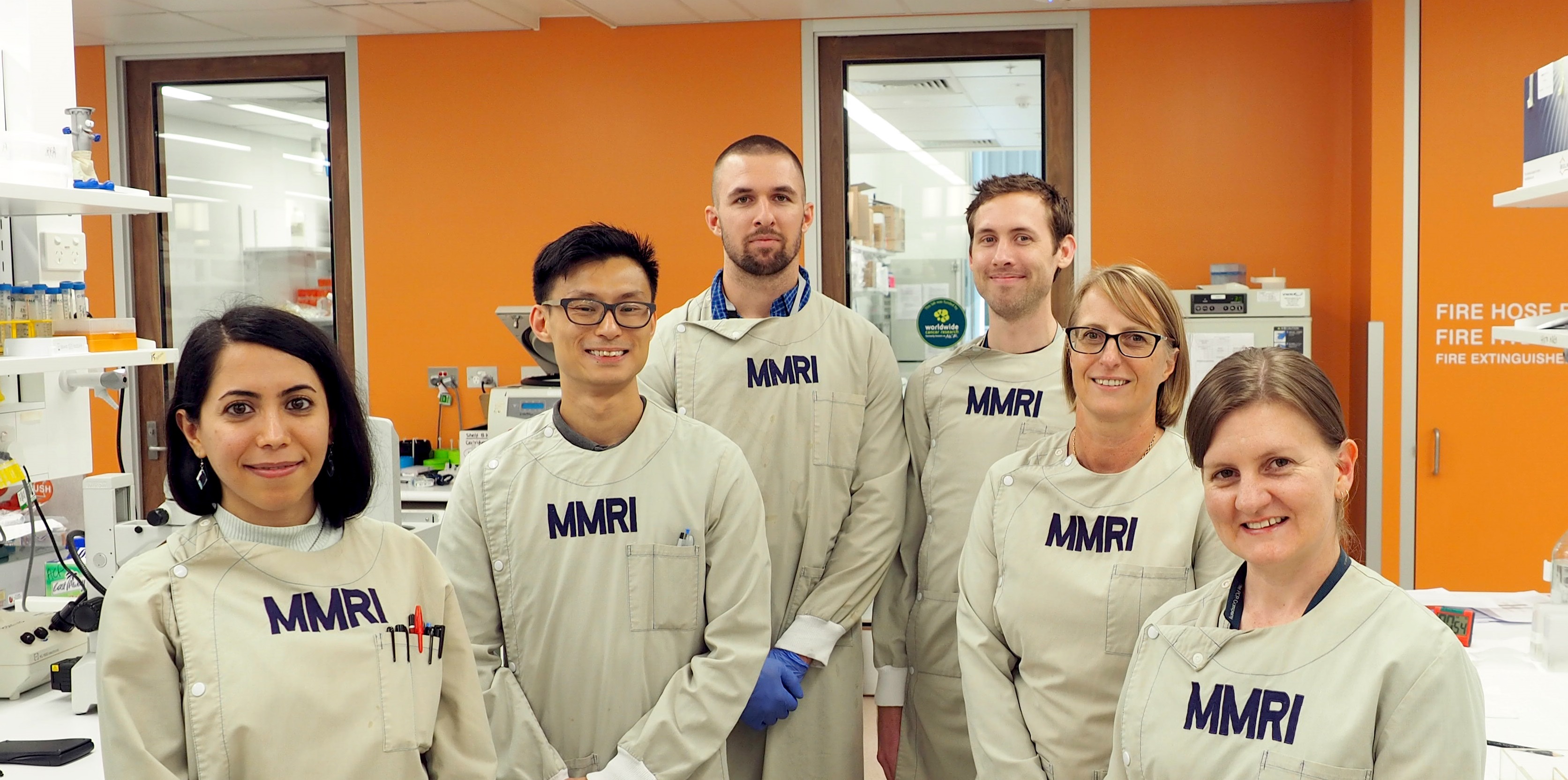
A newly identified link between chronic pain and lung cancer in mice offers hope for pain management. A new study points to possible new treatments for chronic pain with a surprising link to lung cancer. Findings of the research, conducted in laboratory mouse models, open up multiple therapeutic opportunities that could allow the world to improve chronic pain management and eclipse the opioid epidemic.
Pain is an important alarm system that alerts us to tissue damage and prompts us to withdraw from harmful situations...
Read More







Recent Comments